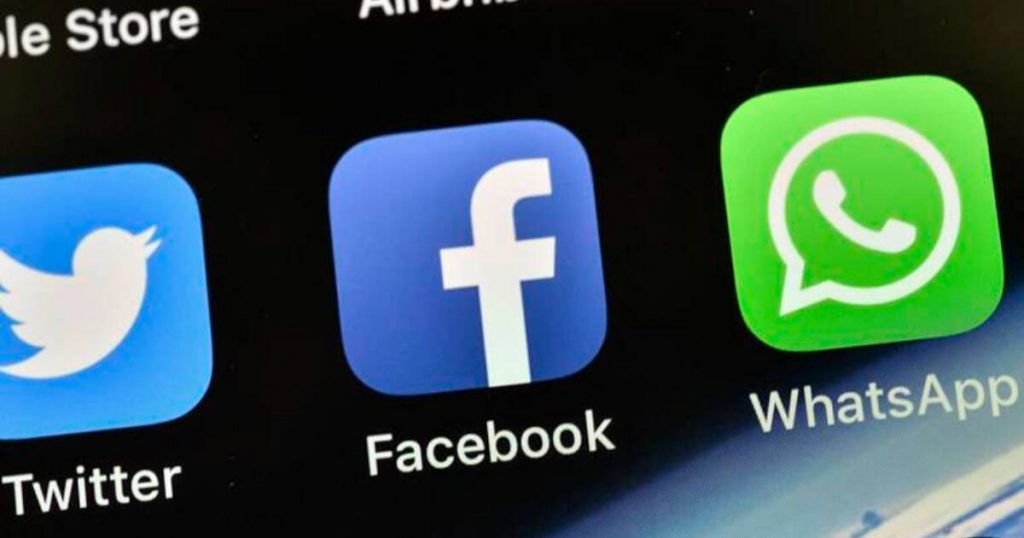Facebook-owned WhatsApp is changing its terms of service to force users to share personal data including phone numbers and locations with its parent company, Facebook.
It is also reported that if you do not agree to the new terms of service by February 8, you would risk losing access to your WhatsApp account next month.
WhatsApp announced to users on Wednesday (Jan 6) that they would have to agree to let Facebook and its subsidiaries collect WhatsApp data including users’ phone numbers, contacts’ phone numbers, locations, and more.
The update comes in the form of an in-app notification, which users can choose to ignore until the date arrives.
This raises the question: Why is WhatsApp making this move and how does it benefit its parent company?
Why Is WhatsApp Making This Move?
WhatsApp was first founded in 2009 by two former Yahoo! employees who left due to work relating to selling ads and were determined to create an app with the absence of ads.
This was also the reason why WhatsApp started off as a paid app. It cost users US$1/£1 per year, or it was free for the first year and then it cost US$1/£1 each subsequent year.
It was then bought by Facebook in 2014 for US$19 billion, becoming Facebook’s largest property after its messenger service and Instagram.
According to statistics, there are 2.5 billion worldwide users on WhatsApp, making it the most popular messaging platform in the world.
In 2016, WhatsApp announced that they would be making the service free for all users.
In the same year, it gave users a one-time chance to opt out of sharing app data with Facebook.
According to WhatsApp’s current security and privacy terms, it says that it does not share WhatsApp user data to Facebook for their products or ads.

“Importantly, WhatsApp does not share your WhatsApp contacts with Facebook or any other members of the Facebook Companies for use for their own purposes, and there are no plans to do so,” the terms of service read.
The messages that are sent across the app are also end-to-end encrypted, meaning that WhatsApp nor Facebook can read the messages.
As a result, how Facebook makes money from WhatsApp has long been a question.
A WhatsApp representative told Ars Technica the change was to allow businesses to store WhatsApp chats using Facebook infrastructure.
It is speculated that with the move, Facebook will now use the data from WhatsApp users to improve Facebook products and serve more relevant ads.
The new policy also means Facebook reserves the right to share the data collected within its family of online platforms.
Furthermore, there will be cases where Facebook decides to share that data with third parties, which has privacy groups riled up again.
The move is in response to Apple’s new privacy labels on iOS 14, which highlight all the different ways certain free apps collect information about their users.
This was particularly revealing for the Facebook family of apps, which happens to have the most extensive list of all.
Biz Leaders Call For Users To Boycott WhatsApp And Switch To Signal, Telegram Instead
The move prompted calls for users to delete their WhatsApp accounts and switch to smaller encrypted messaging apps such as Signal and Telegram.
UK-based journalist and editor at large for TechCrunch Mike Butcher tweeted that “Signal and Telegram are now better alternatives if you are concerned about your privacy”.
He shared screenshots of the data WhatsApp collects versus what Signal and Telegram collect.
Tesla CEO Elon Musk was among those who recommended users switch services, tweeting, “Use Signal.”
Some WhatsApp users criticised the new privacy policy on social media, with many saying they planned to move to a rival messaging app like Telegram.
“This new WhatsApp privacy policy update is CREEPY and we should be concerned about it,” one user wrote on Twitter.
3 Best Alternatives Of WhatsApp
Telegram is probably the best alternative to WhatsApp. According to their privacy terms, they “don’t use your data to show you ads”.
All data is stored heavily encrypted and the encryption keys in each case are stored in several other data centers in different jurisdictions. This way local engineers or physical intruders cannot get access to user data.
You can even set a timer to self-destruct messages in Secret Chats after the message is read. When the timer expires, both devices participating in a secret chat are instructed to delete the message (photo, video, etc.).
The next best alternative is Signal. The app is free with no ads, and it doesn’t collect or sell its user data. It also supports encrypted messages.

The biggest drawback of Signal is that it’s nowhere near as popular as mainstream apps like WhatsApp or Facebook Messenger.
It’s popular for journalists, activists, politicians and others who deal with sensitive information, but it hasn’t seen the same kind of broad adoption as its bigger rivals.
Japanese mobile messaging app LINE also says that it does not sell user data. It also supports encryption to messages and features on the service, dubbed ‘Letter Sealing’.
Therefore, you can be assured that your data is well-protected with these alternative messaging platforms.
Featured Image Credit: WSPA.com












